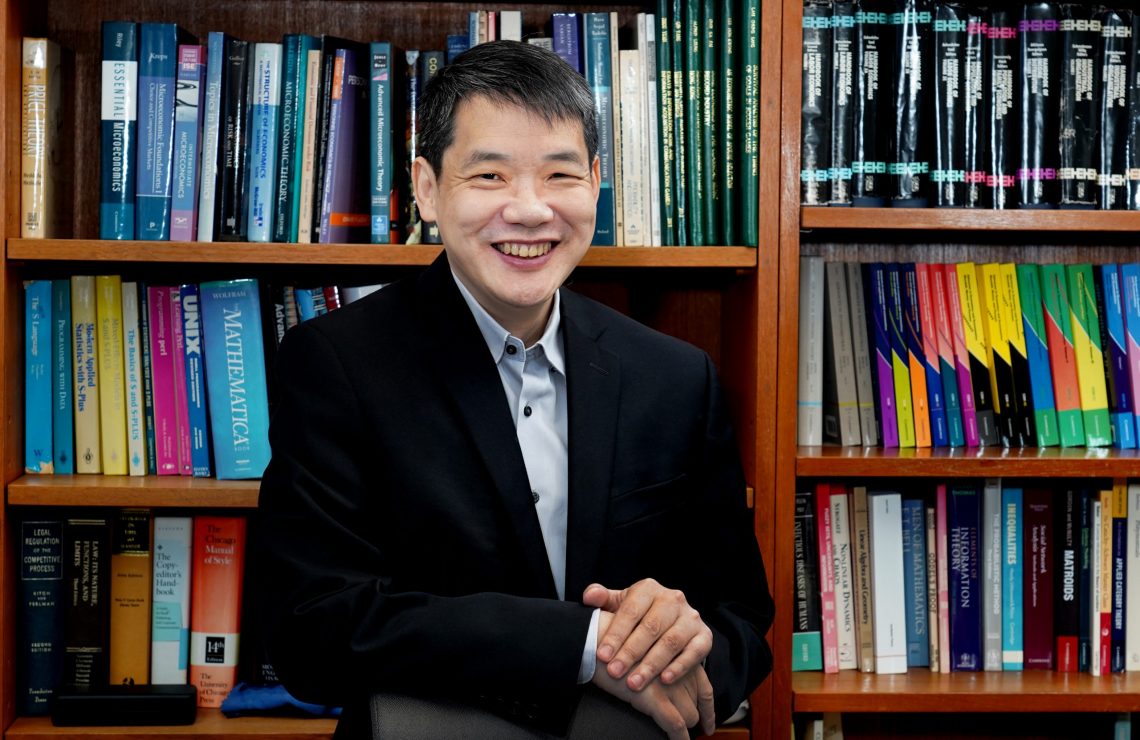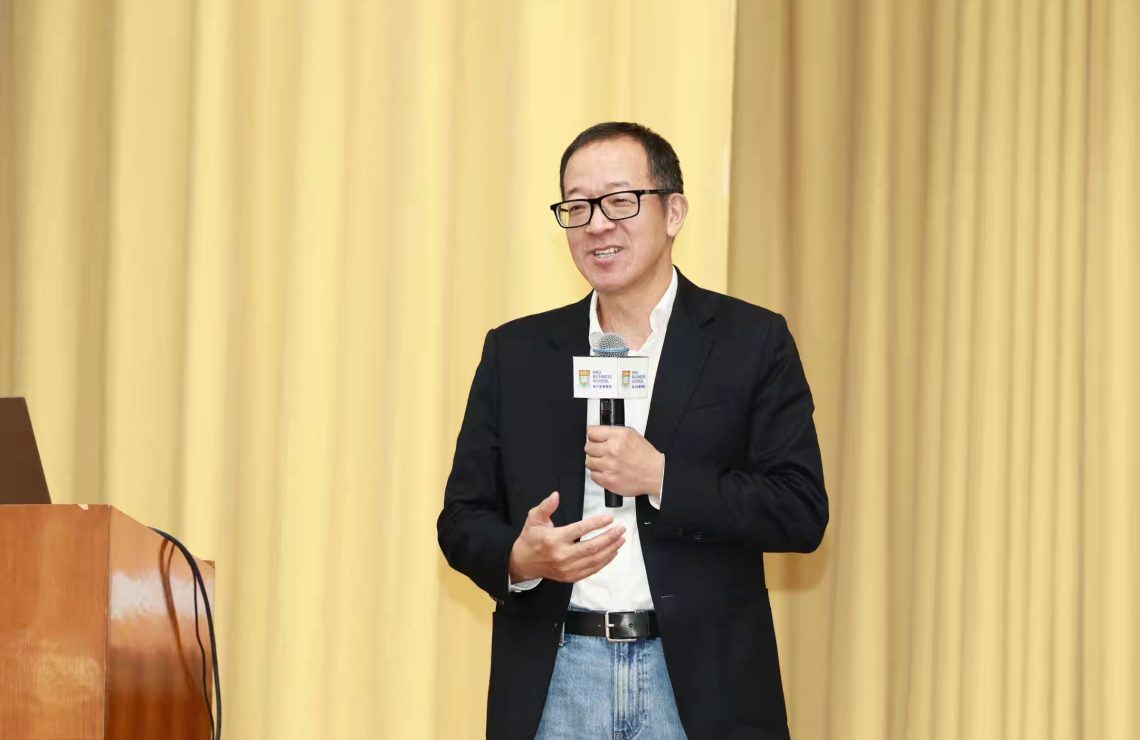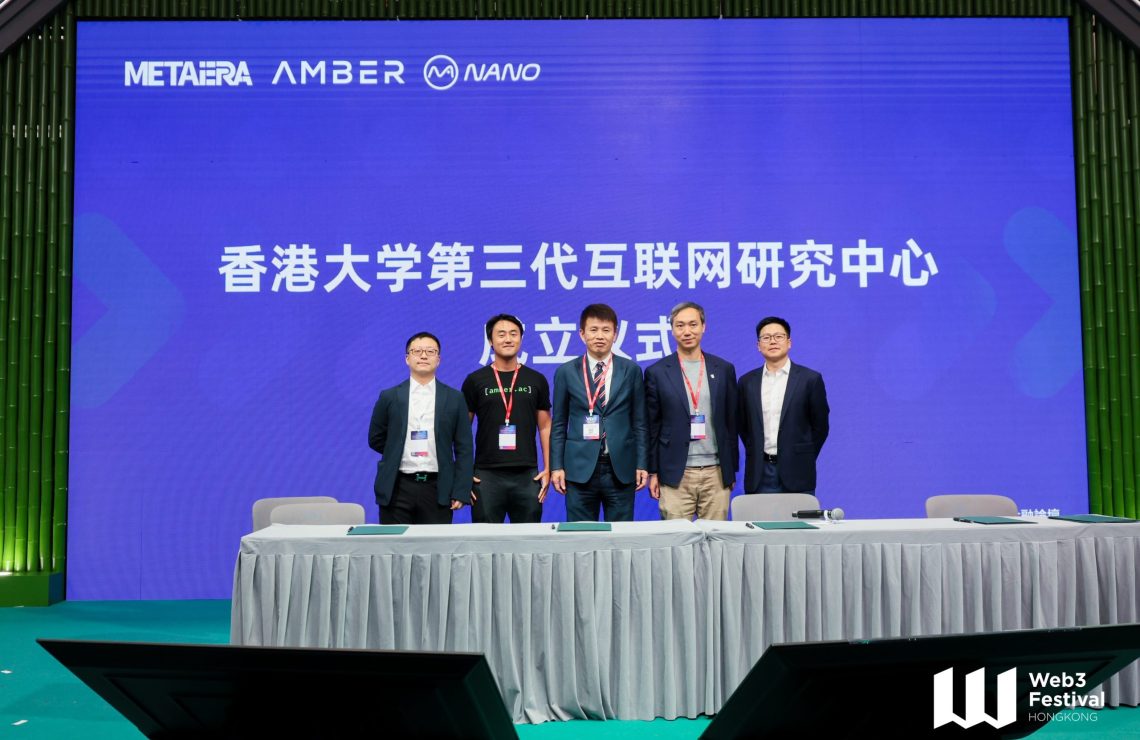
“Learn something new everyday” – Interview with Professor Wing Suen, fellow of the Econometric Society
The delight of making new discoveries has kept economics Professor Wing Suen committed to research for decades.
The Henry G. Leong Professor in Economics at the University of Hong Kong’s School of Economics and Finance counts doing research and ‘learning something new every day’ as among the privileges of his job. “It is not just about letting students learn something new; I am also learning new things constantly from reading articles, going to seminars, talking to colleagues, who always have new things to teach me. That made my day.”
Professor Suen is filled with even more gratitude after being elected as one of the 51 fellows of the Econometric Society, an international society for the advancement of economic theory in its relation to statistics and mathematics. He said: “It is great to be in the company of scholars whom you admire. There are a lot of great economists in the Society. I am thankful to all my co-authors who had collaborated with me in my work, without whom it would be impossible for me to gain the honour.”
An expert in microeconomics – a core field of economics that studies human behaviors – he had served as a member of the Minimum Wage Commission and the Competition Commission. But rather than social advocacy, he is more committed to theoretical work, intent on advancing knowledge about diverse human behaviors and their implications for society.
His time is often taken up by poring over literature from his field, thinking through research topics, building mathematical models and writing mathematical equations in order to deduce implications for a topic. “I am more interested in understanding than in changing things,” said Professor Suen.
Most of his research is related to information, an area in which economists have done more pioneering work than other social sciences, according to Professor Suen. The projects he worked on also involve issues affecting the society. One currently underway focuses on the much-reported phenomenon of tutoring, a prominent trend in Asia that has spread to parts of the West. In his view, higher grades received with the help from tutoring does not necessarily reflect students’ true capabilities or capacity to learn.
Putting incentives at the centre of the study, he has explored information related to students’ academic performance, and looked at how the information is used, distorted or manipulated. He calls it ‘signal jamming’ – the fact that many students are receiving tutoring support makes the information about students’ abilities less informative. “Once we understand the incentives, the problems facing the universities and students, we may be able to design better admissions schemes, select better student and save resources,” said Professor Suen.
A preliminary finding of the research shows that despite an increased supply of degree places, the tutoring trend has far from declined. A possible factor could be the brand name effect of universities, Professor Suen said. “That is another subject for research. Nonetheless, you cannot arrive at some conclusive ideas without sitting down to write models and think through all the implications of the problems.”
On minimum wage, he is pleased to see that none of the negative effects raised by opponents to the minimum wage law introduced a decade ago have materialised. “The positive effects are visible. It has improved the livelihood of the grassroots population.”
He also witnessed the remarkable growth of HKU, his alma mater, alongside the growing influence of its Business School, which he joined as teaching staff in 1989 upon finishing his doctoral studies at the University of Chicago. “When I first joined, there wasn’t much of a research environment,” he recalled. “For the School, it has also grown in size and in the research culture; I can talk a lot about other fields such as strategy, finance, marketing, with other colleagues in the Business School. It is a very fertile and productive environment.”
The School is well-positioned to further expand its influence in Asia and beyond. “We are in a leading position in economics in Asia. That is partly because Hong Kong, as an international city, attracts talent and has a culture of openness and international outlook. HKU is among the most successful universities in Asia with a culture that focuses on international publications, peer review, and communication with the international community of scholars.”
To sustain the success, he notes the importance for Hong Kong to remain an open society with a free flow of information. “It is vital to maintain freedom of expression, freedom of the press and academic freedom.”
He supports a free approach as well with regards to university education, encouraging students to follow their passion in choosing courses. “You have to have some core skills that can guide your thinking but when it comes to electives, it can be a course on Mozart if that is what you like.”







